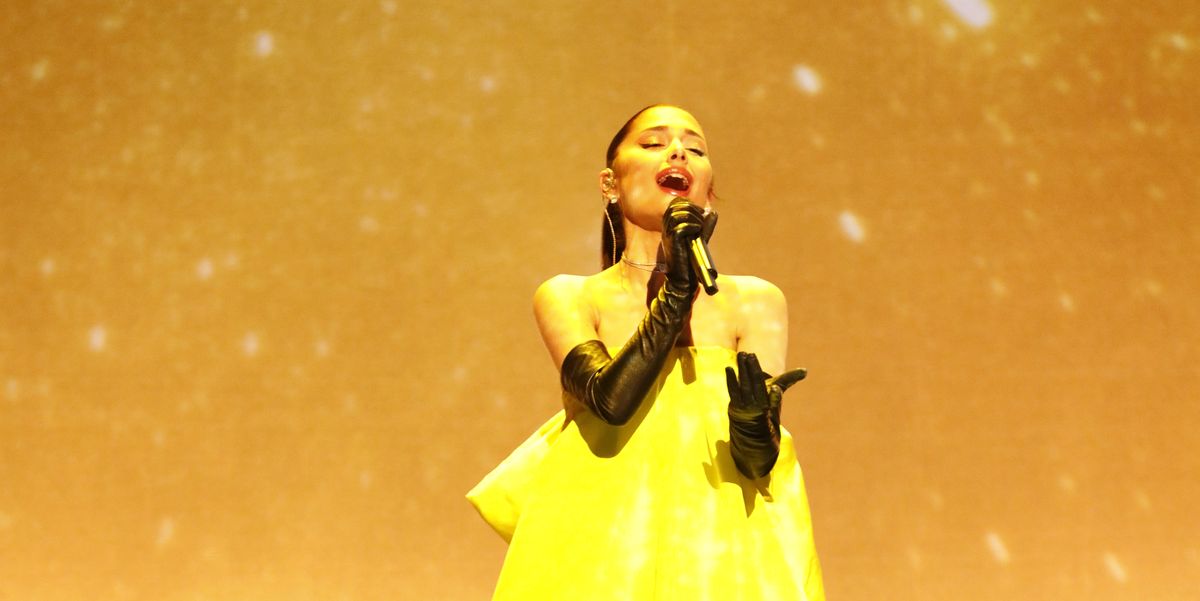Something for the weekend: China’s New Year
Written by on January 22, 2023
For the next two weeks after the Lunar New Year, FT Edit will be running a new series: China’s New Year. The idea behind the series is to look forward to what will be a pivotal year for the world’s largest nation as it emerges from Covid lockdowns and reopens its economy.
The FT is lucky to have a very strong team of China reporters and editors, and we wanted to show you the range and depth of our coverage. To kick off the series, we asked Yuan Yang, recently returned from Beijing, where she was deputy bureau chief, to give us her thoughts on the Year of the Rabbit.
This weekend’s Lunar New Year brings the first family gathering for many since the pandemic started in China, where festivities over the past three years were cut short by constantly-shifting restrictions on travel.
The government estimates travel over the period, the world’s biggest mass migration, will be at 70 per cent of its pre-Covid level, and double that of last year. “The majority of China has recovered normality,” China’s vice-premier told attendees of the World Economic Forum in Davos earlier this week.
But what is normality?
Almost a decade ago, President Xi Jinping announced that China’s economy was entering a “new normal” as growth started to fall following decades of breakneck development. A new social structure was on the horizon, the government said, promising a reduction in inequality, a rise in incomes and a focus on innovation.
When I first arrived in Beijing as a foreign correspondent a few years later in 2016, the country felt very different to what it is now: more open for journalists, civil society, foreign businesses and domestic entrepreneurs.
The roads hummed with continuous construction, renovation and demolition: a friend at a foreign embassy saw the tarmac in front of the building being dug up and resurfaced every single year he was posted there. The city only slept at Lunar New Year, the week-long national holiday where workers leave for their family homes.
Many rural migrant workers leave for the entire month surrounding New Year; it is often the only time of year that they can see their families, who lack access to healthcare and education in the megacities, blocked by the high cost of living as well as by the household registration system.
Meanwhile, some wealthier families have abandoned the tradition of congregating in their ancestral homes in favour of travelling to warmer climes, on the southern coast of China or abroad.
If anything, the longer I stayed in China the more I became convinced that there is no such thing as normality. Social change is so rapid that generations are referred to by decade: the post-90s, the post-00s, and so on. Often they are differentiated even by five-year gaps, with commentators musing over the difference between the post-80s cohort and the post-85 cohort. And its geographical and economic diversity means that normal life in the poorest parts of the rural western interior may sound to an eastern coastal city-dweller as a scene from their grandparents’ youth.
In the midst of such rapid change, FT Edit’s China’s New Year series includes articles to understand the country as it is now, moving from its zero-covid policy to an uncertain future, as the government navigates a pile-up of geopolitical problems. China will never be back to normal, but we hope these long-reads will help you understand what it is, and could, be.
Happy Year of the Rabbit, xin nian kuai le, and kung hei fat choy!
Our favourite pieces
• We teased Helen Warrell’s long read on women spies in Britain’s secret services in last week’s round-up and it was deservedly one of the most read pieces on the app this week. If you haven’t read it yet, what are you waiting for?
Malcolm Moore (@malcolmmoore)
Editor, FT Edit
• Russia has just launched a nuclear attack on the US and you’re the president — with your finger on the button. This is the starting point for John Thornhill’s riveting look at the nuclear strike protocol, a life-or-death decision-making process based, as it turns out, on flawed and dangerous assumptions. The piece is horrifying and fascinating in equal measure.
Hannah Rock
Deputy editor, FT Edit (@HannahRockFT)
• Elon Musk described Twitter as a plane hurtling towards the ground at high speed. As the pilot of that company, he’s facing a crucial test of his leadership now that the first instalment of interest payments related to the $13bn of debt he used to buy it are due. Tabby Kinder, Richard Waters and Eric Platt detail the tough choices Musk faces to avoid crashing into bankruptcy.
Caryn Wilson
US editor, FT Edit (@CarynAWilson)
Our favourite fact of the week . ..
Matteo Messina Denaro, the notorious leader of the “massacre wing” within the Cosa Nostra mafia cartel was captured in Sicily this week. The arrest is the latest milestone in Italy’s battle against organised crime. From inside the hunt for the last ‘godfather’ of Cosa Nostra
Something to listen to
Behind the Money — 2023 has not been kind to Tesla so far. Its stock price has slumped and its chief Elon Musk is fighting a host of problems, not least with his ownership of Twitter. But does the electric car company have bigger problems on the horizon? Behind the Money takes a look.

FT Weekend — The FT’s Chicago correspondent talks about her battle with cancer and the question she asked of US healthcare insurance: how much does my life cost?

Money clinic — If you want 2023 to be the year you start investing, this is the podcast for you. Consumer editor Claer Barrett unspins the jargon behind stock and shares ISAs.

Something to watch
Every year the world’s richest and most powerful people gather at the mountain town of Davos in Switzerland to talk about the global economy. Among all the buzzwords uses by the elites attending Davos one of the most popular is stakeholder capitalism, but what does it actually mean? Moral Money editor Simon Mundy explains.

Talk to us
We love feedback. Let us know what themes you’re curious about and what features you want to see. Email us at ftedit@ft.com.
watch avatar the way of water full movie
watch avatar the way of water full movie
watch avatar the way of water full movie








